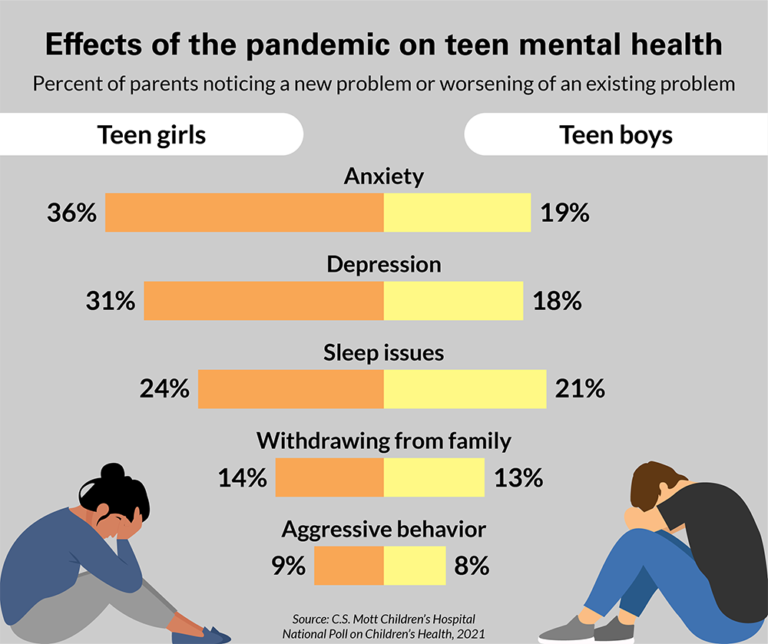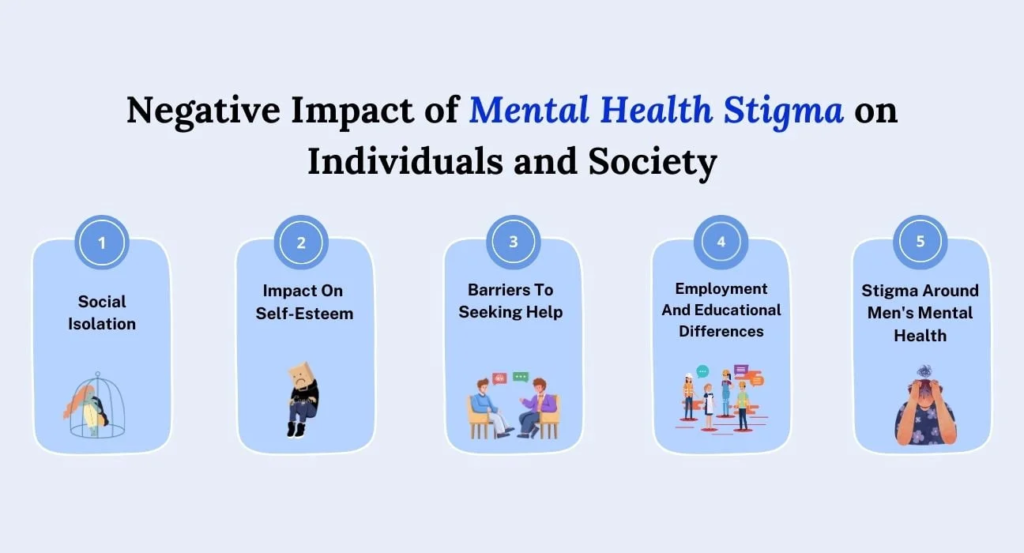Mental health refers to how we think, feel, or behave. It may be one of the most overlooked or taken-for-granted things in life. So, what makes it so hard to talk about mental health when everything in life is affected by it?
It covers managing stress and meaningful relationships in life. So, let’s first know what mental health is, why it matters, and what the role of a technician is in this. We shall see how to implement this in real life, too.

What Is Mental Health?
Experts would refer to it as a mental disorder or any mental illness. This is an emotional and psychological balancing act when a psychologically fit person deals well with their frustrations and pressures to relate to even others weak in pressures or tests and sufferings. What happens when that balance falls apart in one of these precarious situations?
Mental health is on the spectrum. You have days wherein you can feel pretty great, and then you may feel emotional or overwhelmed other days. Recognising this fluctuation is key to understanding your mental health.
Ever feel irritated for no particular reason? That might be your mental health needing a bit of attention.
Why We Ignore Mental Health.
The most essential thing in life is that mental health takes a backseat to physical health. This means people get conditioned and start to care more about those things that can easily be seen before bare eyes, not those that cannot. Why?
Because they fear that they would be labelled with all kinds of terrible names, it is simple and not humiliating compared with being fearful. For many, the stigma surrounding mental health is a major barrier. It’s easier to say you have a headache than to admit you’re feeling anxious or depressed. But, well, hiding such struggles only makes them worse.
Will you wait for medical treatment for your broken arm? So, Why do you wait for medical care so someone can get a mental check-up?
Warning: Your Mental Health Need Attention.
You can sit around and listen for when you looked out for some fairly subtle signs of ongoing fatigue, inattentive conduct or avoiding social contact. Have you ever listened to these symptoms?
Some Common Indicators Include:
- Feelings of depression or low energy.
- Irritability or mood swings.
- Trouble at sleeping.
- Loss of interest in activities that otherwise used to bring you pleasure
Do you or a loved one identify with anything on this list? If that is you, it is time to get a grip.
The Mental Health Pandemic.
Mental health issues are soaring worldwide. Anxiety, depression, and stress-related illnesses are soaring. What’s driving this pandemic?
Work, money, and relationships today stand as a post-COVID-19 aftershock. Now that the tension goes big enough to break down the deep-rooted one from the earth.

Do you know that nearly 1 in 5 adults live with a mental illness every year? Statistics about this topic paint the picture. Can we have some cause? Why aren’t we talking about it much if that mental health disease becomes as common?
How to Improve Your Mental Health.
You need only a few focused disciplines.
Care for Yourself :
Self-care is not selfish; self-care is a necessity. You have something-whatever it may be-whether reading, meditation, or walk-that revives your spirit.
Body Exercise :
When you exercise positively, it will affect the mind because it affects the bodily system. The fit and healthy people free the endorphin that gives an individual a smiley face.

Connect to Other :
Basically, humans are social creatures. Such needs can be met with the help of friends, family or support groups.
Seek professional help :
That’s therapy and counselling, something just one absorbs when life gets really bad. No way; these are ways of personal development and growth. Ever feel the need to tell your mental health counsellor something?
Of the actions described above, which would you take most readily? Is any of them doable as only one step you might do today? How to Help Someone With Mental Illness.
How to Support a Loved One Struggling with Mental Health.
Supporting someone who has mental issues is overwhelming. How to support without overstepping boundaries?
First, listen to them. Sometimes, they need to be heard without judgment and unsolicited advice. Just a simple “I am here for you” goes a long way.
Make them ask for help when needed, but do not push them. And do not forget to care for your mental health, too, since being there for someone can also emotionally exhaust at times.
Do you ever check on your friend or family member? Sometimes, having just a little talk with him/her would really make a huge difference.
Who Are Mental Health Technicians?
At some point, the question arises: who cares for the mentally ill patient? If no one is there for them, then:
A Mental Health Technician is the most basic sort of healthcare employee appointed under Psychologists, psychiatrists, and other professional mental health services providers as first-line carers of patients from hospitals, clinics and rehabilitation facilities,
Their jobs varied and challenging. These include all:
- Assists patients with regular needs, such as bathing, dressing, eating, etc.
- Observation of patient behaviour and note
- Prescribed medication by the medical team
- Psychological aid relief in tension on the patients
- Protect by breaking conflicts or crises within the unit
The mental health technician is a pathway for the patient to access other care teams; the technician offers support and eases daily functions.
What skills comprise a good mental health technician?
Being a mental health technician demands specific technical skills mixed with personal qualities. A professional certificate is observed to be desired along with formal training. Most of the below qualities are essential in getting the job done:
- Empathy: Quite important to be empathetic and feel people’s pain in dealing with vulnerable people.
- Patience: Recovery is not an overnight phenomenon; setbacks are very common. A good MHT remains peaceful and nurtures.
- Communication Skills: The ability to clearly communicate will help you build self-assurance and ensure you will really listen to patients.
- Adaptability: Never a dull moment; every day is unique.
- Analytical Skills-Crisis Work: Crisis management relies on great thinking and a good sense of humour.
Role of Society in the Support of Mental Health Technician
Mental health is a community problem, not an individual concern. Families, workplaces, and communities have to work for a better atmosphere. The first acknowledgement from society is in the acceptance of efforts by the mental health technician. And herein is how the society can do:
Employers can offer counselling or flexible working hours to relieve stress. The schools can teach the young minds of students about awareness and how to cope with mental health. What is your community doing? Do you think your community has undertaken any steps for mental well-being?
When the focus is placed on mental health, society will bloom. Imagine when everybody can seek help for his mind from technician, like one goes to seek a simple check-up with the doctor.
Eradiation of Stigma :
The most important barriers that exist in the field of mental care is stigma. Why cannot someone simply talk frankly about his or her problems?

Educational training breaks this vicious circle. The more information known concerning mental health, the more experience people have from the affected individuals, and the more ordinary conversation takes on the aspects of time and fosters a culture of understanding and sympathy.
Conclusion :
Mental health is just as important as physical health. We can build a healthier, happier society by prioritising self-care, seeking help when needed, and supporting those around us. Remember, every small effort counts; you’re never alone on this journey. Mental health technicians are actual care and emotional support providers for a patient’s recovery path.
The next time we hear of mental health care, we should ask how much better we can be for those dedicating their lives to helping find hope and healing for others.